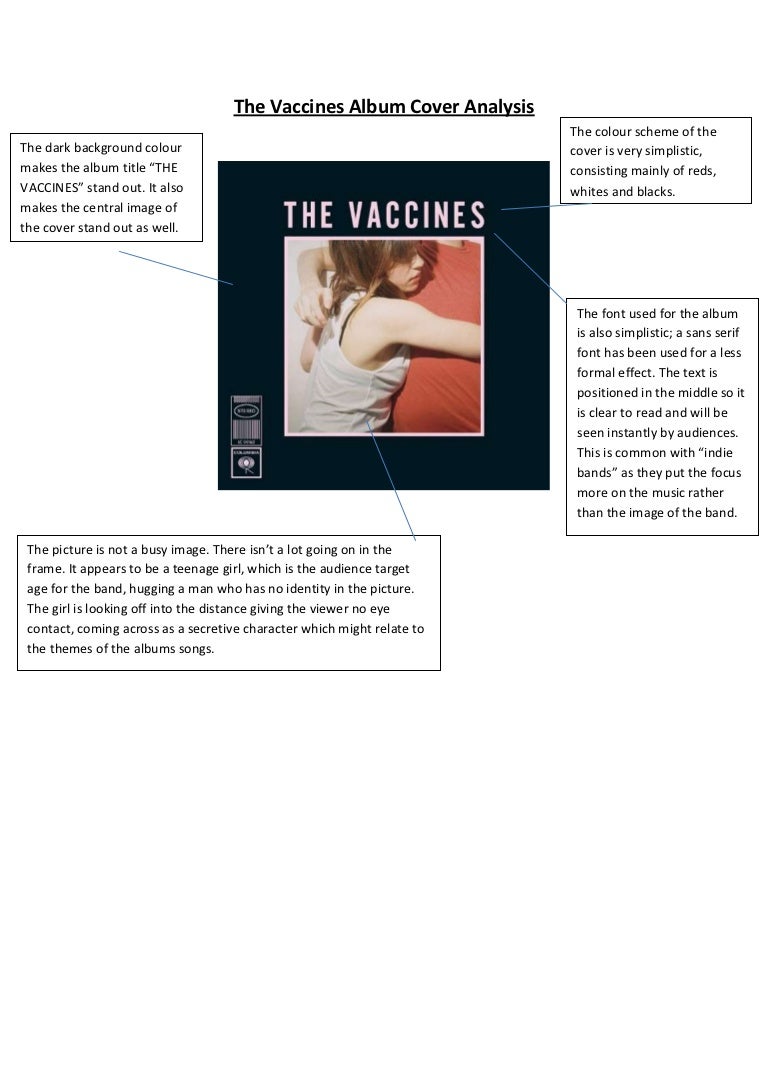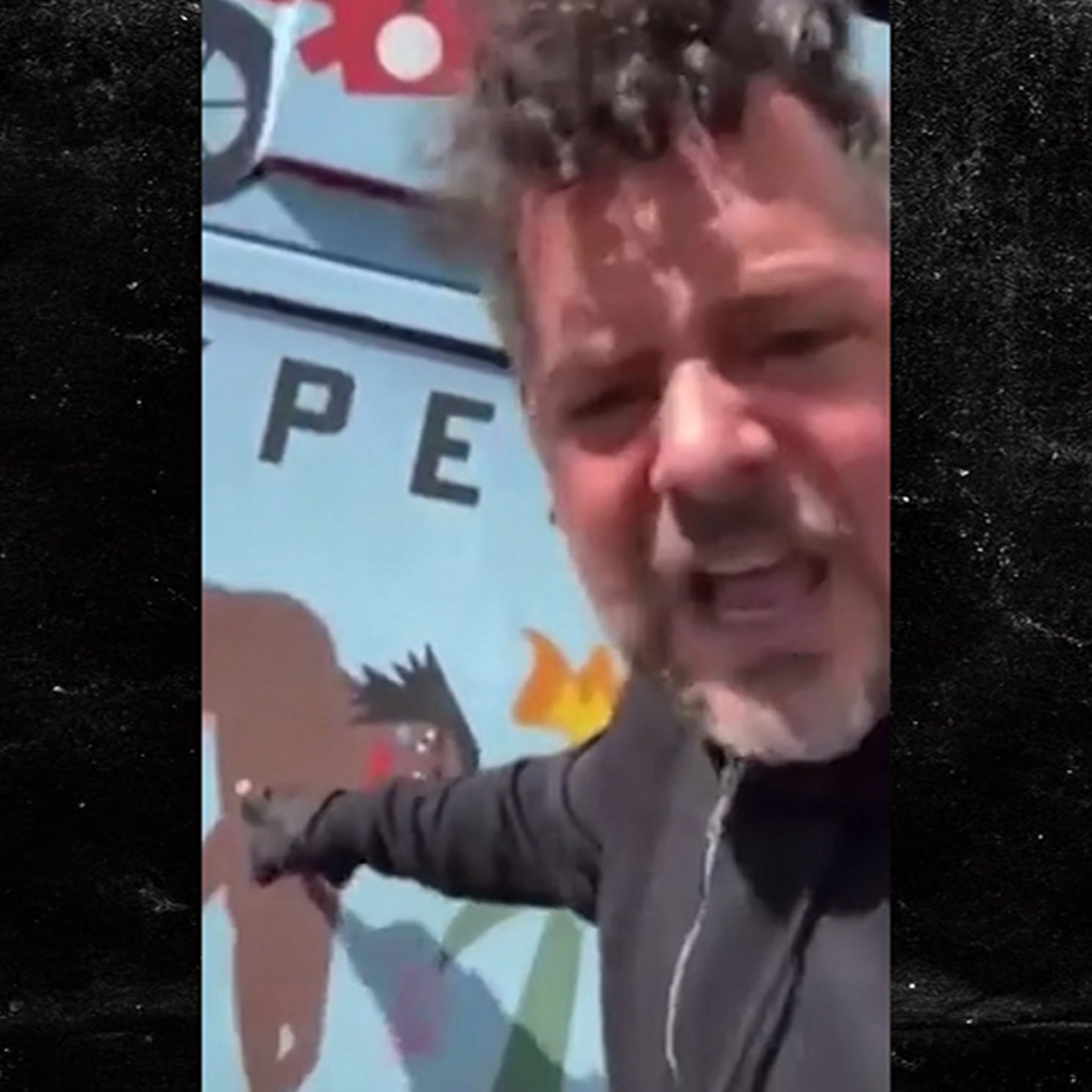

The main reason was that available scientific data showed that current vaccines continue to offer solid protection against infection, hospitalization and death for most healthy individuals. When will a booster shot be available to the general public?Įven though the Biden administration had announced a plan to support booster shots for all Americans at least eight months postvaccination, that plan was rejected by FDA and CDC scientists.

“Many individuals who don’t know are going to have to ask the pharmacist or the physician for more guidance,” she said.

Patel recommends talking to your medical providers if you are uncertain about your eligibility for the booster dose. A complete list of those medical conditions can be found on the CDC’s website, and the agency is expected to offer additional guidance on who qualifies for booster shots in the coming days. The CDC booster guidance covers people with high blood pressure, diabetes, obesity, cancer, chronic lung or kidney disease, heart disease and dementia, as well as other conditions that place people at higher risk of complications from COVID-19. What are some of the underlying medical conditions that would qualify for booster doses? For this reason, the CDC recommends that this group receive a booster shot. This segment of the population, which is about 3 percent of Americans, is more vulnerable to COVID-19 due to weakened immune systems that can lessen the body’s ability to mount a robust response to the virus. “Even people who are not technically health care workers, so they can either live in the household or they could even be, for example, a volunteer who’s helping someone who’s at high risk and at home - that would be a person who would be qualified under this definition of high risk for exposure,” Patel said.ĬOVID-19 vaccine boosters were first approved in August for people with compromised immune systems who received either the Pfizer or Moderna mRNA vaccine. People who are caregivers or live with someone at increased risk for severe COVID-19 outcomes could also qualify. Fully vaccinated people 65 and older are now eligible for the Pfizer booster shot so are residents of long-term care facilities and adults over 18 years old who have certain high-risk conditions, or who after consulting with their physician are deemed to be at high risk.Īlso included in the updated CDC recommendations are individuals at increased risk of COVID-19 infection in the workplace, such as health care workers, teachers and grocery store employees. The FDA and the CDC authorized booster shots only for a select group of Americans who have received two doses of the Pfizer vaccine at least six months ago. On the contrary, recent studies show that those who aren’t vaccinated are five times more likely to be infected, 10 times more likely to be hospitalized and 10 times more likely to die from COVID-19 than those who are vaccinated. Patel and other experts have emphasized that the need for a booster dose doesn’t mean that our current COVID-19 vaccines don’t work. So that’s why having boosters in especially high-risk populations and possibly all Americans at some point soon is going to be recommended,” said Patel. “We have seen, especially for people over the age of 65, that breakthrough infections can lead to hospitalizations and severe cases of COVID after six months. This reduction in protection is significant for those aged 65 and older in particular. and international data, particularly from Israel, has shown vaccine effectiveness declining over time. Kavita Patel, to break down what Americans need to know about boosters.Īs the Delta variant of the coronavirus has spread around the world, U.S.

Yahoo News spoke to its medical contributor, Dr. Initially, the CDC did not, but on Friday, Director Rochelle Walensky overruled her own CDC panel and did recommend booster shots for those frontline workers. The FDA had also endorsed Pfizer booster shots for frontline health care workers. This week, both the Food and Drug Administration and the Centers for Disease Control and Prevention authorized COVID-19 vaccine booster shots, under emergency use, for Americans over the age of 65 and those at heightened risk of developing the disease who have already received two doses of the Pfizer vaccine.


 0 kommentar(er)
0 kommentar(er)
